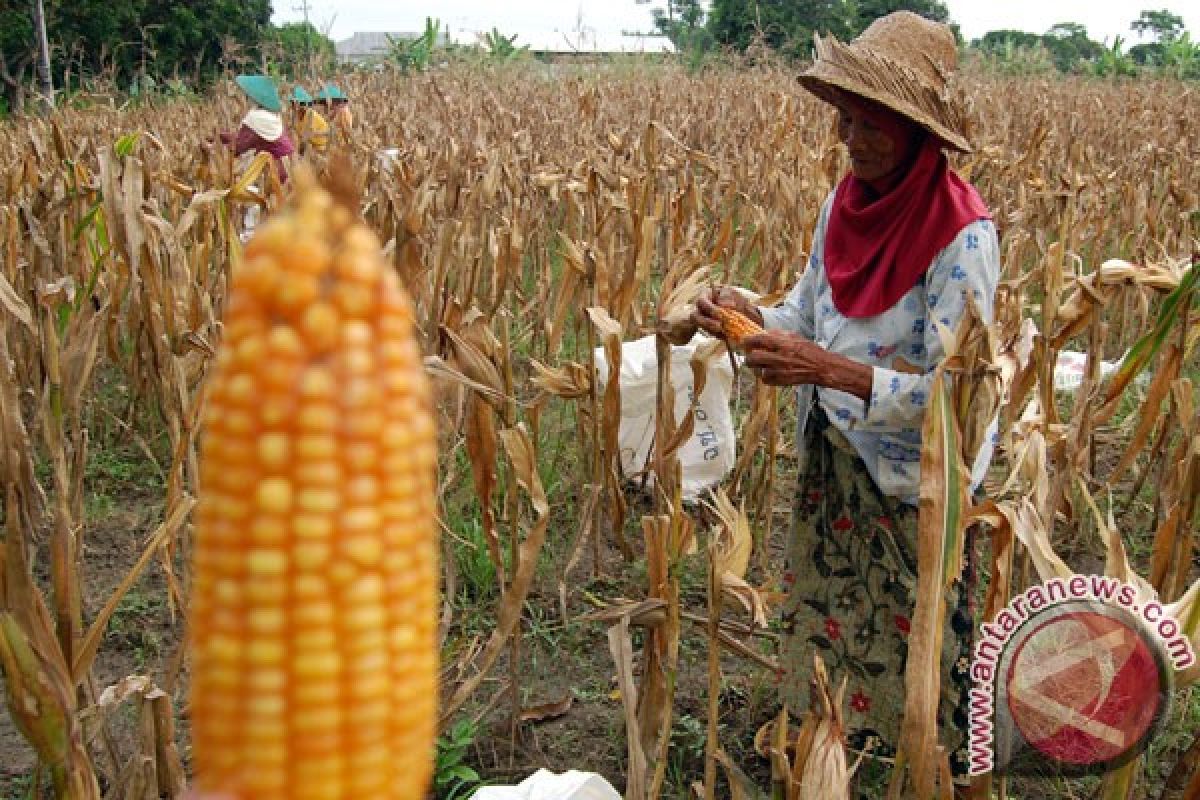Sulaiman explained that Bulog (Logistic Agency) should be able to absorb the farmers` corn, but domestic stock has been controlled by large companies through a bonded system or paid first system.
"I hope Bulog can absorb the famers` corn. The point is not to let small farmers suffer, because under the bonded system, the corn has already been paid for in advance ahead of the harvest period," Sulaiman told the media at the Ministry of Agriculture Headquarters Jakarta on Tuesday.
He explained that the government`s decision to import corn by 50 thousand to a maximum of 100 thousand tons was intended to protect farmers from losses.
However, imported corn is used as a control tool for price stabilization and will be distributed if feed prices experience a sharp increase. Conversely, if the price goes down, the government will not release the imported corn to the market.
On the other hand, the government has closed corn imports by 3.6 million, with a value of Rp10 trillion since 2017, followed by a total export of 380 thousand tons.
Corn production is currently still a surplus of 330 thousand tons if calculated from the export balance of 380 thousand tons and imports of 50 thousand tons of corn.
According to him, this anomaly has occurred because large companies had absorbed national maize production and had not imported wheat for feed mixtures.
The government has also issued a quota of corn supplies of 200 thousand tons for large companies. This means that domestic corn stocks are absorbed more by large companies rather than small farmers.
"Finally, the small breeders raised their voices, while the big company remained silent. The small farmer raised their voices as they did not use wheat. Therefore, it is understood why it was necessary to import to protect small farmers," he pointed out.
Reporting by Mentari Dwi Gayati
Editing by Eliswan
Reporter: Antara
Editor: Eliswan Azly
Copyright © ANTARA 2018












